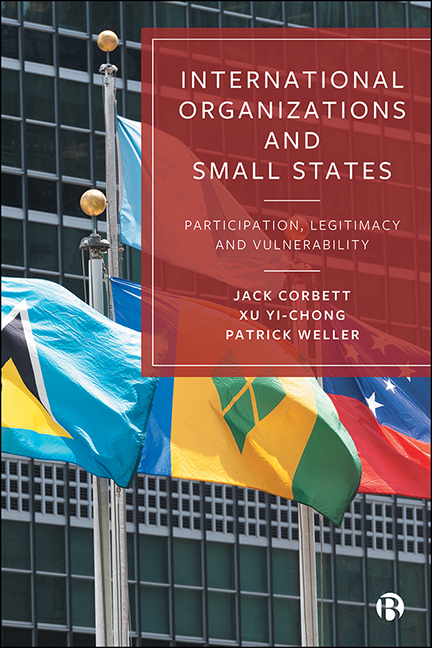1 - Introduction
Published online by Cambridge University Press: 13 May 2022
Summary
On 11 July 2018 the United Nations Security Council (UNSC) met to debate the nexus between climate change and security. In total, 19 countries participated in the discussion. In addition to the president (Sweden) and the permanent members, statements were invited from countries for whom climate change is already having a significant impact, including regional representatives from Africa, Central America, the Middle East, the Caribbean, and the Pacific. A statement was also delivered by the Maldives on behalf of the Alliance of Small Islands States (AOSIS). Egypt was invited to make a statement as chair of the G77 but declined at the last minute. No nation explicitly dissented to the discussion taking place. This was not the first time the UNSC had debated the nexus between climate change and security, having previously discussed the issue in 2007 and 2011. At the 2007 meeting more than 50 countries participated. In 2011 that number grew to over 60. On both occasions, views were essentially split with EU countries and some climate-affected small states on one side, and the G77 plus China on the other. This latter group were opposed to the UNSC, rather than the United Nations Framework Convention on Climate Change (UNFCCC) or the Second Committee, being used as the forum for these discussions.
The difference between 2007 and 2011, and 2018, raises important questions. First, why did climate change get placed on the UNSC agenda in 2007 and 2011, and again in 2018, despite initial opposition from large and powerful states in the G77 plus China grouping? Second, why is there such a difference in the number of countries speaking on this issue and their views, as evidenced by the strong statement of the G77 against using the UNSC as a venue to debate climate change in 2007 and 2011, and their silence in 2018? The short answer is the increased level of coordinated engagement of the smallest members of the international system – Small Island Developing States (SIDS) and those from the Pacific (PSIDS) in particular – who learnt from the experience of 2011 and adapted their strategy for 2018.
- Type
- Chapter
- Information
- International Organizations and Small StatesParticipation, Legitimacy and Vulnerability, pp. 1 - 26Publisher: Bristol University PressPrint publication year: 2021



